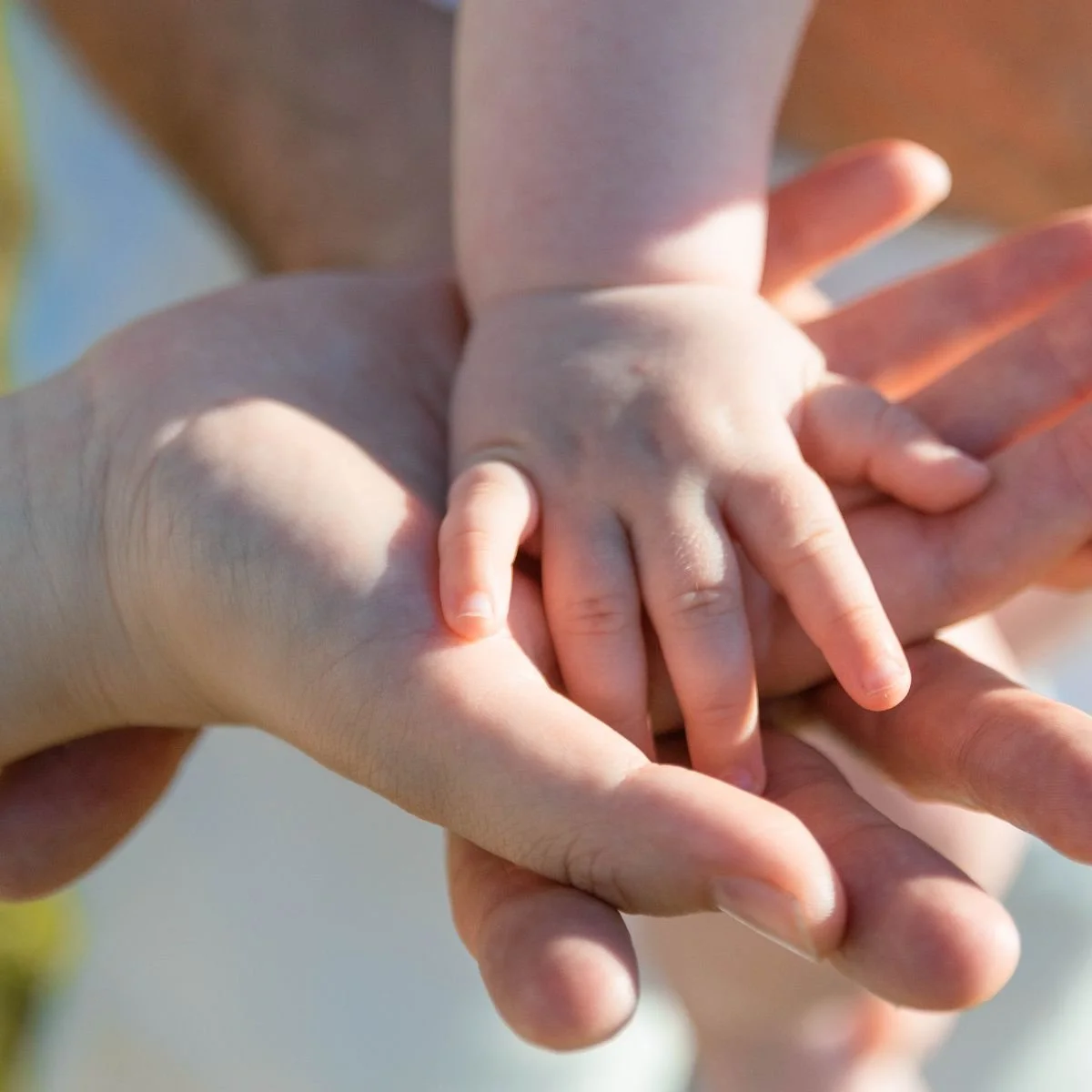The Other Side of Loss: Understanding Fathers' Grief in Pregnancy Loss
When we hear of pregnancy loss, typically, our thoughts go to the mother or pregnant person and their experience. However, in many cases, there is more than the mother who is grieving; there is often a partner who is also experiencing the loss of a child, yet their experience is not one we tend to focus on. This blog aims to shed light on the experiences of partners and fathers facing pregnancy loss, highlighting their struggles, societal expectations, and the importance of acknowledging their pain.
Understanding the Emotional Impact
Although men do not experience the physical effects of a miscarriage as women do, they can still suffer mentally and emotionally. Fathers often grapple with a whirlwind of emotions— grief, guilt, helplessness, and deep sorrow. They may feel guilty for not fully grasping the pain and physical discomfort their partner experienced and often struggle with not knowing the right words or actions to support their partner during this difficult time. These feelings can be intensified by the perception that they need to be a strong, supportive partner, leading many fathers to internalize their grief and feel that their pain is less valid or secondary to that of their partner. Many fathers feel pressured to suppress and control these emotions to conform to societal expectations of masculinity. (Mota et al., 2023).
There's research showing that men's lives are profoundly affected by pregnancy loss in a variety of ways. One significant area is family dynamics; men often find themselves torn between fulfilling the socially assigned protective role and coping with the pain of their loss, which can affect the attention and care they provide to other children and family members. There are a lot of fathers who say their emotional turmoil affects their performance at work. Some studies also highlighted that relationships with their partners were strained due to gender differences in the expression and experience of perinatal grief (Mota et al., 2023)
Recognizing and Navigating
Grief It is important for partners and fathers to recognize and validate their own grief. Acknowledging emotions is the first step toward healing, allowing them to process the loss fully and authentically. The partner and father's perinatal loss experience and grief are real and worthy of attention. Suppressing these feelings can lead to long-term emotional distress and strain relationships, as unaddressed grief can manifest in various harmful ways. By validating grief, fathers can begin the journey toward emotional healing and stability.
Additionally, open communication between partners is important after a pregnancy loss. To foster an atmosphere of mutual support and understanding, fathers are encouraged to share their feelings and experiences with their partners. Setting aside time for honest conversations is essential, allowing both partners to express their emotions without judgment. Being patient with each other’s grief processes is also crucial, as everyone mourns differently and at their own pace.
Professional counselling can provide fathers with a safe space to process their grief. Therapists specializing in perinatal loss, grief, or men’s mental health can offer strategies to cope with the loss and navigate the complex emotions involved. Engaging in therapy can help fathers explore their feelings in depth, understand their emotional responses, and develop healthy coping mechanisms. Couples therapy may also be a useful resource, providing a safe space to navigate the complexities of grief together and strengthening the partnership through shared understanding and support.
Support groups specifically for partners can be incredibly beneficial, offering a sense of community and shared understanding. These networks provide a safe space for men to express their emotions and receive support, highlighting the importance of community in the healing process. The Pregnancy and Infant Loss Network (PAIL) is a free support service for families across Ontario who have experienced pregnancy loss, infant death, or elective abortion. PAIL support programs are led by trained volunteers who have personally experienced pregnancy or infant loss. They offer various services, including one-on-one peer phone support, online and in- person support groups, and many online resources. These programs are designed to support the pregnant person, their partners, and their families. PAIL offers a "Partners in Grief" group that meets every 4th Wednesday of the month from 8:00 – 9:00 pm EST. For more information, you can visit their website: https://pailnetwork.sunnybrook.ca/.
In conclusion, it is important to acknowledge the profound impact pregnancy loss has on partners and fathers. Their grief is real and deserves recognition and support. By challenging societal norms, encouraging open communication, and seeking support, fathers can navigate their grief in a healthy and constructive manner. As a society, we must strive to create an environment where men feel safe to express their vulnerability and receive the support they need during such a difficult time. Recognizing and validating the silent grief of fathers is a crucial step towards holistic healing and understanding in the wake of pregnancy loss.
References
Mota, C., Sánchez, C., Carreño, J., & Gómez, M. E. (2023). Paternal Experiences of Perinatal Loss-A Scoping Review. International journal of environmental research and public health, 20(6), 4886. https://doi.org/10.3390/ijerph20064886




